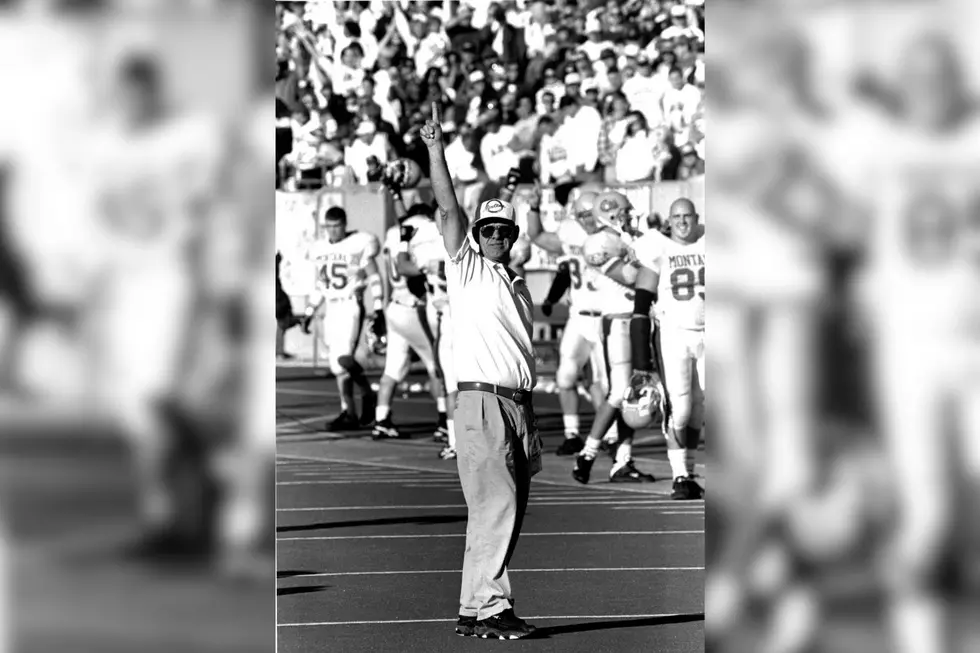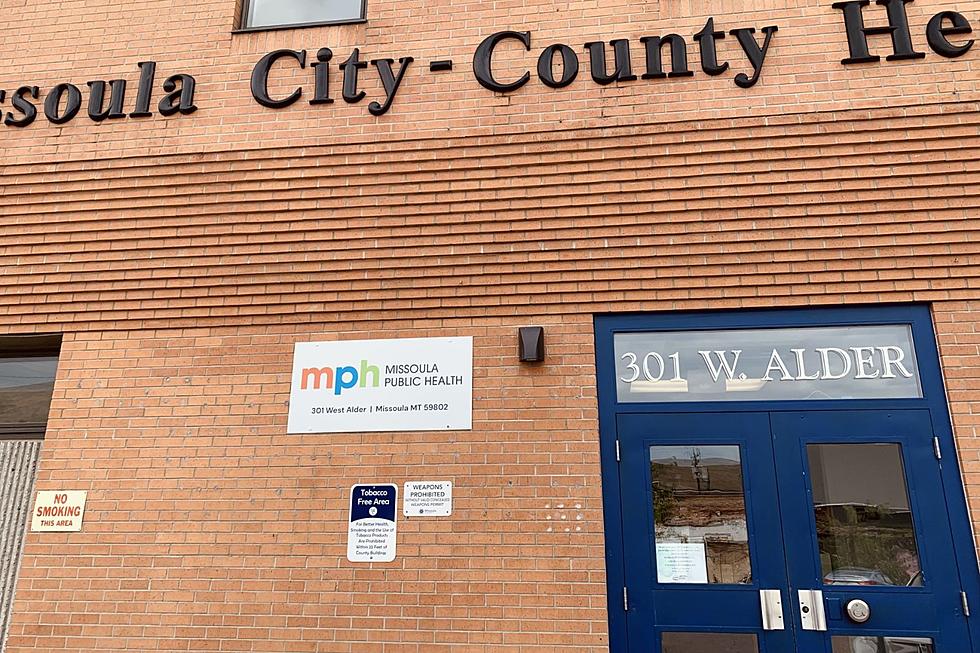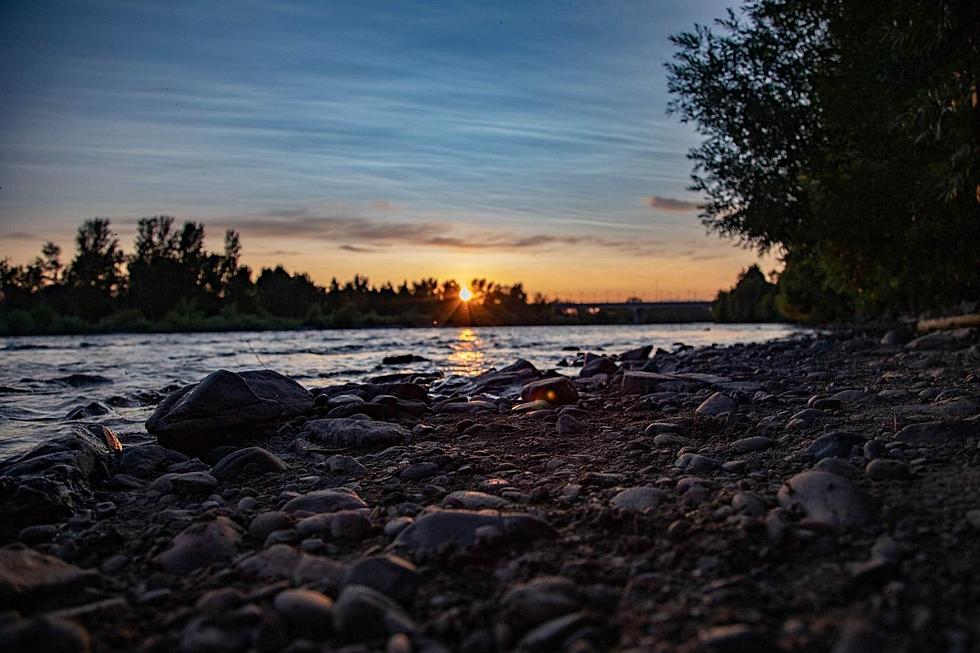
Unhealthy Missoula Air Quality Includes Story by UM Soccer Coach
Missoula residents are getting used to seeing and hearing about the air quality alerts coming from the Missoula City-County Health Department, but do you really appreciate what the smoke particles you’re breathing are doing to your body?
On a recommendation from Health Department Air Quality Specialist Sarah Coefield, we reached out to University of Montana Soccer Coach Chris Citowicki and asked if his players have been practicing in the smoky conditions this week.
“We’re working outside with the soccer players pushing them to extreme limits, right?” he began. “So we're always pushing beyond what is normal, and so when you have air quality readings that are high, and if you look at sensitive groups and whether or not they can be out there, I mean, if we were to be outside over the two days, our players would have all sorts of breathing issues right back. That’s why we've been inside for two days just to try to keep them out of it so that we can go off and play a game here on Thursday.”

Coach Citowicki also shared a personal story about his son who experienced breathing problems while playing soccer outdoors.
“He's always got some sort of breathing issue when it comes down to getting a cold or anything like that,” he said. “But then all of a sudden he goes to play in a YMCA game and they end up playing four quarters. He goes into the fourth quarter and he's standing there holding his lungs and screaming and crying because he can't breathe correctly. So we end up taking him home having all sorts of problems with that. My wife took him to the ER, too because he kept telling us he can’t breathe. So yeah, I feel like it could really impact those who are in that sensitive breathing group.”
We asked Air Quality Specialist Sarah Coefield to explain just how dangerous breathing wildfire smoke can be in both the short and long-term effects on your health.
“The wildfire smoke is really terrible for everyone,” said Coefield. “It is especially bad for children, it’s bad for the elderly, it's bad for anyone with heart or lung disease, which is a lot of people because we're talking about any kind of heart or lung disease; if you have high blood pressure you’re at higher risk from the wildfire smoke, and then also pregnant people, and that's just people who are extra sensitive.”
Yeah, yeah, you might say. It’s bad for sick people, but Coefield said wildfire smoke can affect healthy people in ways you might not expect.
“If you're a healthy and an active adult, you can also still be really impacted by the smoke because when you breathe it in, it sets off a systemic inflammatory response, like your entire body especially is going to be responding to this pollution entering your system,” she said. “You're going to start to see things like some cardiovascular impacts. For instance, some folks are noticing an accelerated heart rate when they're just sitting down being quiet but your heart is beating faster than normally would.”
Coefield expanded on that thought.
“The longer you're in it, the worse it is for you,” she said. “So the tolerance you have for the smoke is going to go down, the longer a smoke event persists. So maybe on the first day, it's like, ‘Oh, smells bad, I don’t really like it but it’s not a big deal’. But as the days progress, the more smoke you're exposed to really the less your system will be able to tolerate; so that's why we really encourage people to avoid being in it as much as possible and trying to make sure you have access to cleaner air to breathe.”
Coefield said there are very few if any regulations for local businesses to stop working outdoors in times of unhealthy air quality, but offered some suggestions to help workers get through the bad air.
“The recommendation is that if you are going to be out working in these conditions you can consider using an N 95 respirator which would cut down on your smoke inhalation,” she said. “You'd want to make sure that it's fitting well and seals to your face and that would give you an added protection from the smoke. There are in Montana currently, no requirements that employers provide protection for the workers from wildfire smoke.”
Coefield said these unhealthy air quality conditions could improve with cooler temperatures and some rain.
Montana's Top 10 Record-Setting Wild Weather Events
Adorable Dogs of Missoula
More From Newstalk KGVO 1290 AM & 98.3 FM









